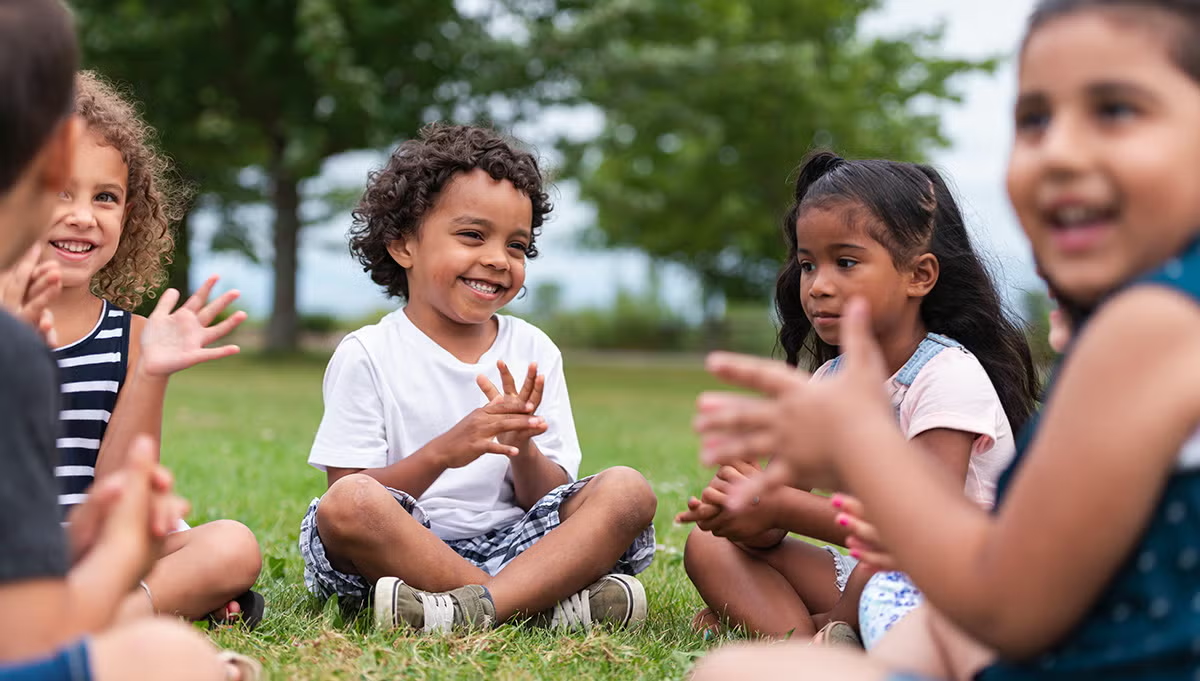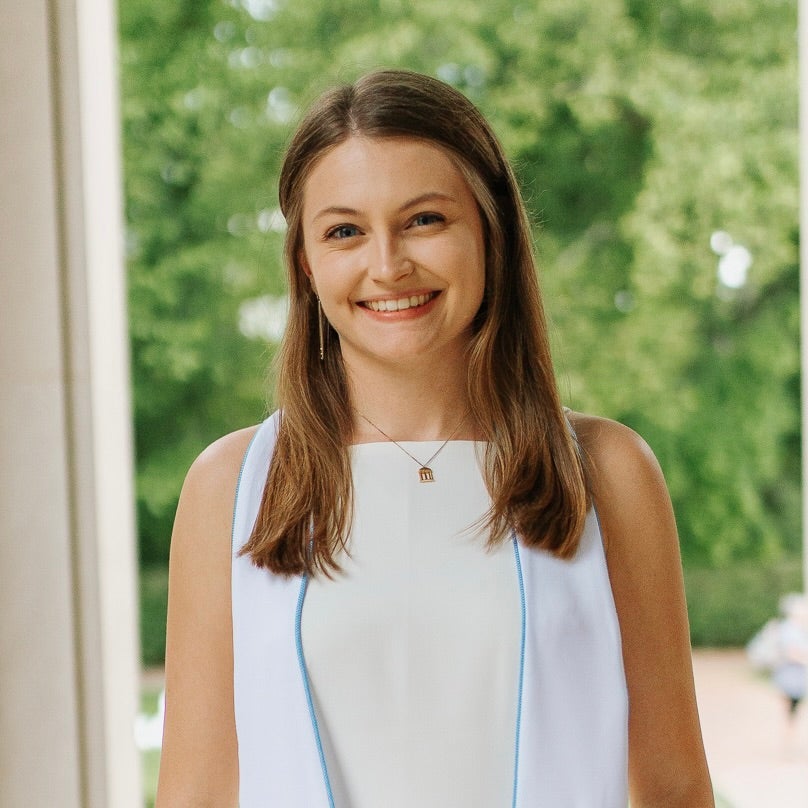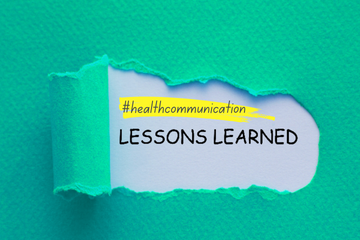Advocating for the Right to a Safe and Healthy Childhood

G. Barrie Landry endows program to help protect the world’s most vulnerable children from harm
Child-protection professionals around the world dedicate their lives to safeguarding children from the effects of trauma and violence—frequently in the face of overwhelming obstacles such as war, natural disasters, and global pandemics like COVID-19. In many cases, they lack resources to engage and connect with colleagues grappling with similar challenges. A program at the François-Xavier Bagnoud (FXB) Center for Health and Human Rights—a University-wide center based at the Harvard T.H. Chan School of Public Health—aims to change this situation by providing training and support to enhance their work.
Since 2014, the FXB Center has welcomed midcareer child-protection professionals from dozens of countries to Harvard’s campus for a weeklong executive education course. Attendees work in teams of three—including a representative from government, UNICEF or another international organization, and a local NGO—on urgent problems in their home countries.
Now, thanks to a gift from philanthropist G. Barrie Landry through UNICEF USA, the newly renamed G. Barrie Landry Child Protection Professional Training program can empower more practitioners to help improve the lives of children for generations to come. Landry’s gift endows the program’s tuition in perpetuity, covering the cost of attendance so that representatives from more countries can participate. While the 2020–2021 program has been postponed due to the COVID-19 pandemic, this year’s cohort has been invited to return in the future.
“The child-protection program that grew out of a unique partnership between Harvard and UNICEF has exceeded all my expectations,” Landry says. “It has not only raised the professionalism of the child-protection sector as a whole but has attracted some of the brightest and most dedicated participants from around the world who are being trained to change laws, policies, and social norms—all in favor of protecting the health and well-being of our children.”
Landry also was instrumental in launching a graduate certificate program in child protection in 2014 at the FXB Center—the first at the University.
Children are people, too
The widespread need for holistic child-protection services, which are often underfunded and lack adequate training, is a gap that Mary Bassett, director of the FXB Center and François-Xavier Bagnoud Professor of the Practice of Health and Human Rights, is confident the center can help fill.
“Our goal is that every child should have the right to a healthy childhood,” she says. “When you take care of families and communities, children are more likely to thrive.”
Across the world, the issues facing vulnerable children—such as displacement, child labor, abuse, neglect, and human trafficking—are compounded by stark socioeconomic and racial inequalities. In addition, the stressors of poverty, racial injustice, and housing insecurity can be reflected within families as violence, Bassett says. She notes that fundamental human rights remain out of reach for many children, even though most nations have signed the 1989 treaty on the United Nations Convention on the Rights of the Child.
“Society has a problem viewing children as people who are under the control of adults, and not seeing them as people who have the rights of all human beings,” says Bassett.
Speaking of Landry’s gift, Henrietta H. Fore, executive director of UNICEF, says, “This game-changing partnership will result in not only a new generation of child-protection professionals but ultimately a safer and healthier world for children around the globe.”
Landry, a committed advocate for the health and well-being of children everywhere, was one of eight women who helped build the Maranyundo Girls School in Rwanda. She is a member of UNICEF USA’s New England regional board and a lead supporter and advocate for UNICEF’s work globally. Her innovative leadership and special focus on child protection have enabled UNICEF to pilot new programs, including partnering closely with UNICEF and the Mexican government to implement an open shelter in Mexico for migrating children as an alternative to detention.

